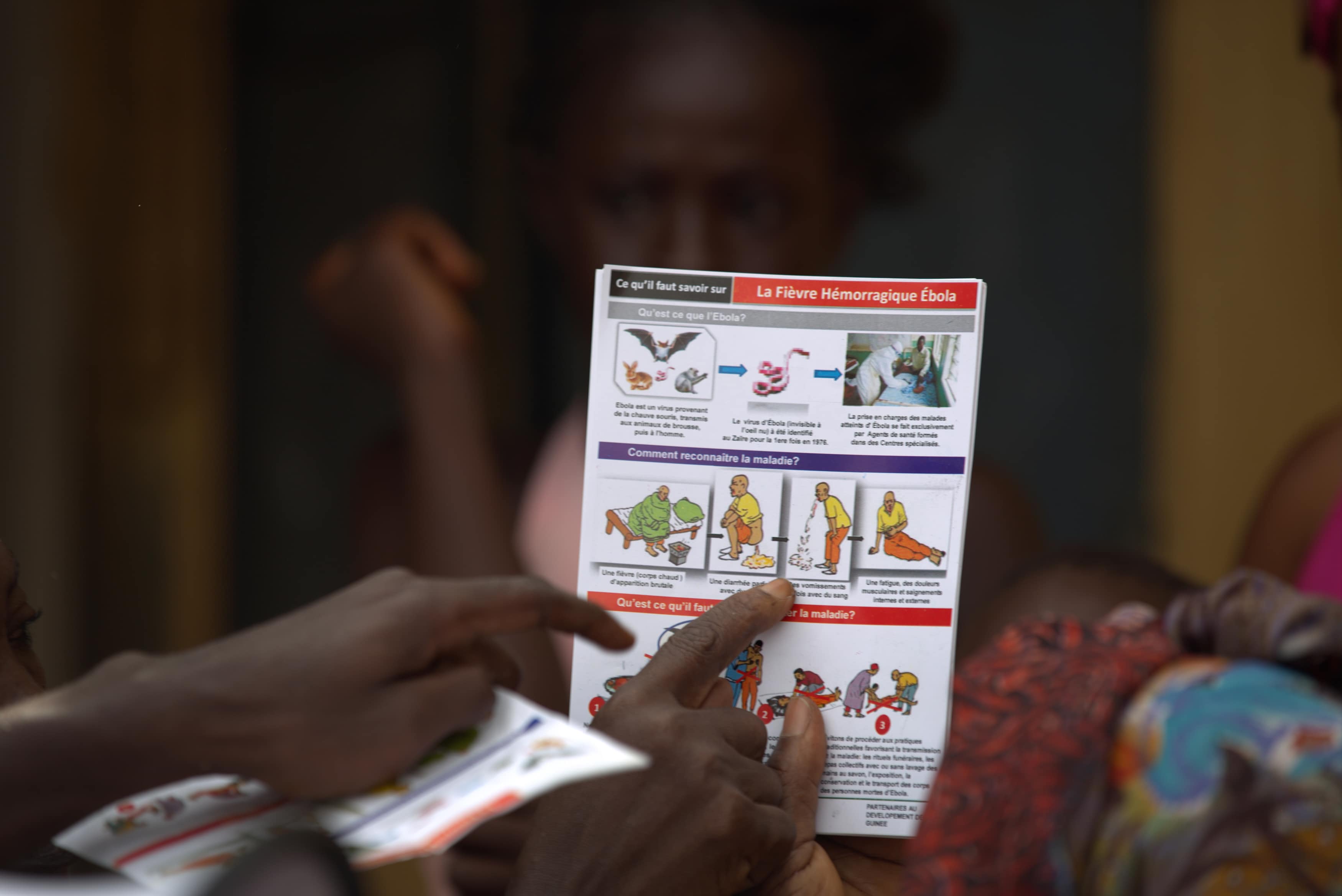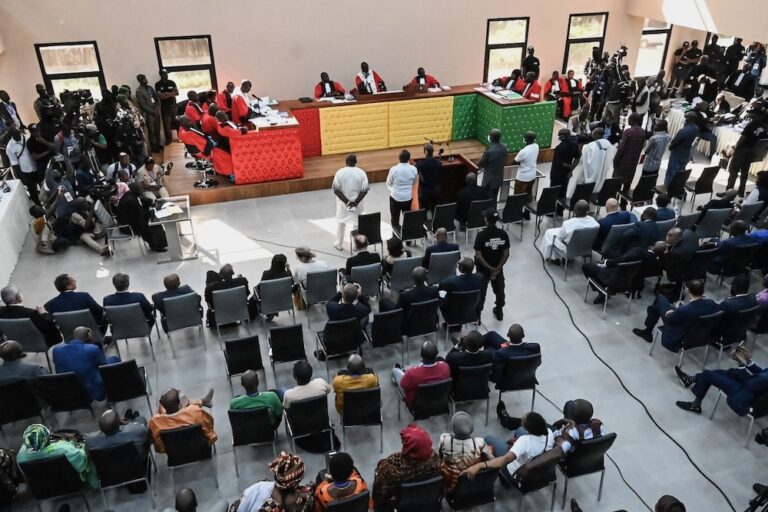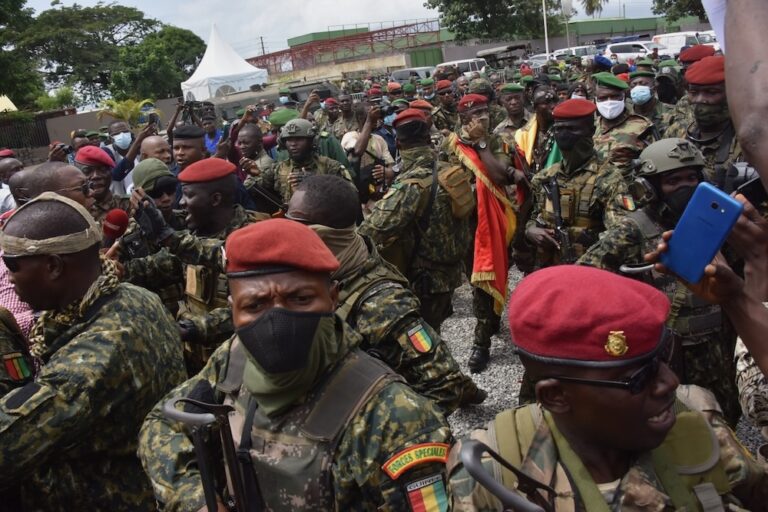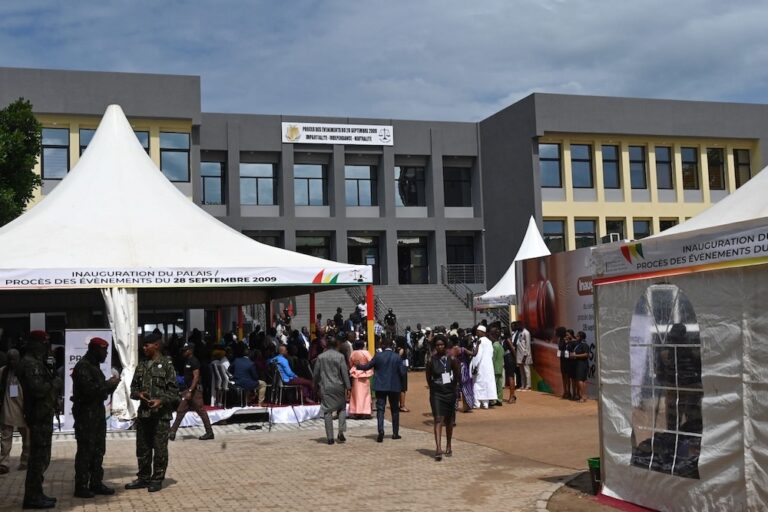A mob of villagers killed three journalists and six others who were raising awareness about Ebola in the village of Womey. The campaign team reportedly consisted of local administrators, medical officers and a preacher.
On 17 September 2014 a mob of villagers killed three journalists and six others who were raising awareness about Ebola in Womey, a village about 900 km from Guinea’s capital, Conakry.
Facely Camara, who was a journalist with Radio Liberté FM at Nzérékoré (about 50 km from Womey), Molou Chérif and Sidiki Sidibé, who were, respectively, a journalist and a technician at a community radio station in Nzérékoré, were killed while covering a sensitization campaign on preventive measures against Ebola in Womey.
The MFWA’s Guinea correspondent reported that locals attacked the team, which comprised local administrators, two medical officers, a preacher, and the three journalists. They pelted the team with stones and attacked them with cutlasses.
Some members of the delegation managed to flee, but nine of them, including three journalists, were kidnapped by the villagers. The villagers brutally killed them in the bush by slitting their throats and then buried them in a mass grave.
According to the correspondent, the villagers instigated this attack because they thought Ebola “is a political lie orchestrated by the authorities and that the disease is not real.” This follows previous riots in Nzérékoré in August after rumours that health officials who were disinfecting a market were infecting people with the virus.
The MFWA’s correspondent added that the Union of Free Radio and Television Stations of Guinea, Guinean Association of Private Newspaper Publishers, and Guinean On-Line Media Association have already issued a joint statement condemning this incident.
The Guinean Prime Minister, Mohamed Said Fofana, condemned the massacre in a national address. He promised that the perpetrators will be punished; six people have already been arrested in connection with the incident.
The MFWA is greatly saddened by this development and urges the Guinean Prime Minister to remain true to his words and bring the perpetrators to justice. We urge organisations working with journalists to ensure their safety while reporting on sensitive issues. We also call on the Guinean government and other governments in West Africa to intensify education about Ebola to clear doubts and suspicions people may have about the disease.



